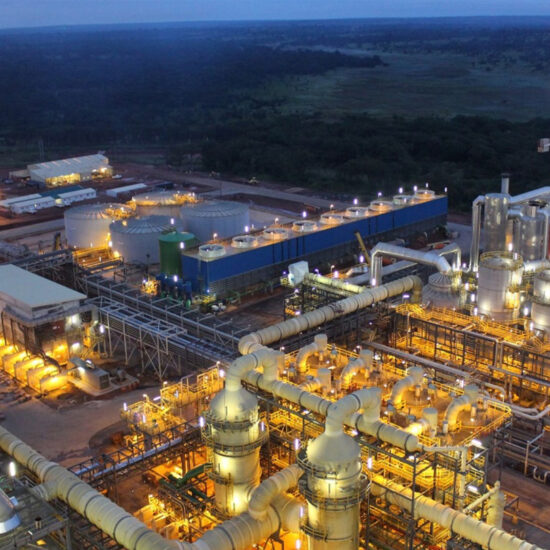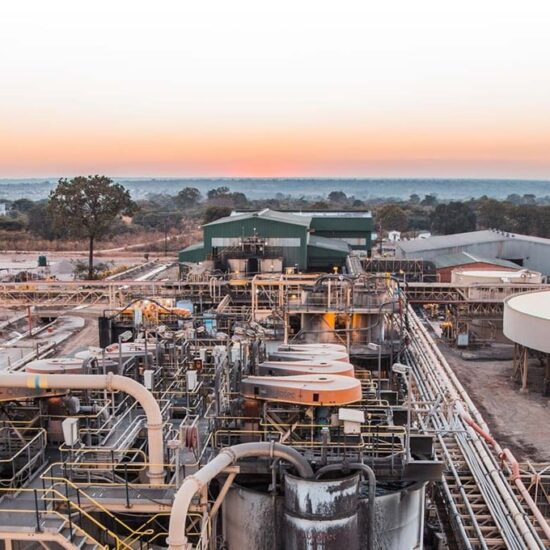
All large scale mining companies in Zambia will effective June 2021 be required to pay all their tax obligations directly to the Bank of Zambia (BoZ) in US dollars.
BoZ has revealed that following the initial decision to collect mineral royalty in US dollars, the central bank was able to use the proceeds effectively, which resulted in the reduced decrease in the international foreign exchange reserves.
Speaking in an exclusive interview with the Zambian Business Times – ZBT, BOZ Assistant Director for Communication Besnat Mwanza stated that this measure was in addition to the earlier requirement in September 2018 for mining companies to pay mineral royalty tax directly in US dollars.
“This move was intended to shore up foreign reserves. In 2020, mining companies paid a total of US$468 million directly to the Central Bank,” she said. Government will effective 30 June 2021 require mining companies to pay the remaining tax obligations directly to BOZ in US dollars.
Mwanza said the earlier move to collect mineral royalty taxes in US dollars from the mines contributed to slowing down the rate of decline of gross international reserves. She told ZBT that, to augment reserves, BoZ also purchases foreign exchange from the market when conditions allow.
At the end of December 2020, gross international reserves declined by about US$118 million to US$1.2 billion equivalent to 2.4 months of import cover from US$1.3 billion at the end of September equivalent to 2.3 months of import cover.
The decline was largely on account of foreign exchange interventions and debt service. Mwanza said the amount of foreign exchange used in interventions in the fourth quarter of 2020 was about US$340 million while US$51.2 million was spent on debt service.
BoZ explained that “Foreign exchange interventions were largely supported by selling back some of the US dollar proceeds of mining taxes into the market,” she added.
Analysts expect this move to shore up US dollar inflows into the Zambian economy in the short to medium term, as international copper prices continue to remain buoyant at over US$9,500 per tone.
Zambia’s battle to gain control and manage its currency, that Kwacha, remains one of the biggest huddles that every consecutive finance minister faces. Despite the country exporting large quantities of copper, the economic system has struggled to tame its appetite for imported goods, which has resulted in perpetual depreciation of the local unit.







